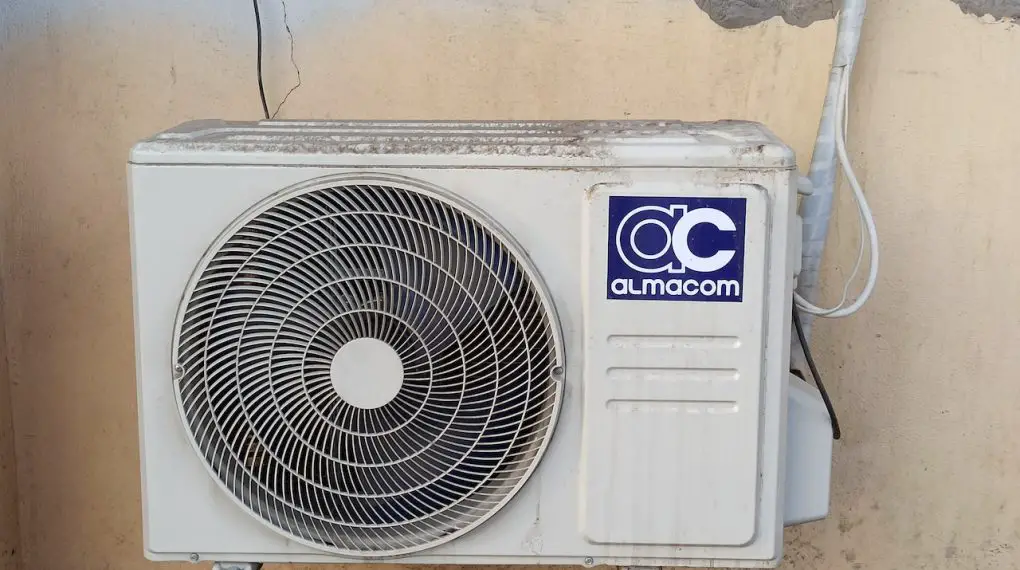If you’re dealing with HVAC systems or refrigeration units, knowing the causes of compressor short to ground is crucial for proper maintenance and troubleshooting. This article aims to be your comprehensive guide to understand, diagnose, and prevent this common but often misunderstood issue.

Table of Contents
Common Causes of Compressor Short to Ground
Understanding what causes a compressor short to ground is crucial for preventing this problem and for troubleshooting existing issues. The underlying causes can vary, and identifying them requires a nuanced approach. Let’s delve into the most frequent causes one by one:
Electrical Overload
An electrical overload occurs when the compressor receives more electrical current than it is designed to handle. Imagine trying to fit ten gallons of water into a five-gallon jug; it won’t work, and there will be consequences.
In the context of a compressor, electrical overload causes the windings (coils of wire inside the compressor) to heat up excessively. This extreme heat can melt or damage the insulation around the windings, which acts as a barrier to keep the electrical current on its intended path.
Once this insulation is compromised, the current can escape, leading to a short to ground.
Wear and Tear
Like any machine, compressors aren’t immune to the ravages of time. The insulation around the windings can deteriorate, and the windings themselves can become less effective.
Even the best-maintained compressors have a finite lifespan. As they age, internal components like seals, gaskets, and electrical contacts can degrade. This natural wear and tear increase the chances of a short to ground, as weakened or deteriorated materials are less capable of preventing electrical currents from straying where they shouldn’t.
Poor Installation
Proper installation of a compressor is not just about plugging it in and switching it on. It includes correct wiring and secure connections, all of which should be performed by a qualified technician.
Incorrectly installed components can inadvertently create pathways for electrical currents to escape to the ground. For example, if the electrical terminals are not tightened properly, vibrations from the compressor’s operation could shift the wiring, leading to a potential short to ground.
Corrosion
Corrosion is the enemy of metal, and given that many compressors have metallic components, they are at risk. Rusting can occur when metal comes into prolonged contact with moisture, oxygen, or corrosive substances.
When corrosion affects a compressor, it can eat away at the insulation material or even the windings. Once the protective layers are compromised, electrical currents can easily find a pathway to ground, causing a short to ground.
Moisture
Water and electricity are a dangerous combination. Compressors are not designed to be water-resistant at their internal components. If water or moisture enters the compressor—be it due to a leak, high humidity, or any other reason—it can cause immediate damage to the insulation around the windings. Moisture can act as a conductor, allowing the electrical current to easily escape its intended path and cause a short to ground.
By thoroughly understanding these common causes, you’ll be better equipped to prevent, diagnose, and resolve issues related to compressor short to ground. Each of these causes is like a piece of a larger puzzle, and comprehending how they fit together can save you time, money, and stress in the long run.
Check out these other related articles…
AC Compressor Keeps Running: 3 Simple Solutions
Loud AC Compressor: 3 Simple DIY Fixes
AC Compressor Maintenance: In 6 Easy Steps
Air Conditioner Compressor Keeps Running When Turned Off
AC Compressor Engages But No Pressure Change: Easy Fix
How to Prevent Compressor Short to Ground
Prevention is better than cure, and this holds true for preventing a compressor short to ground. Here are some tips:
Regular Maintenance: Scheduled inspections and maintenance can help catch wear and tear early on.
Use Surge Protectors: These devices can protect the compressor from electrical overloads. You can use this GE 6-Outlet Surge Protector from Amazon.
Proper Installation: Ensure that your compressor is installed by qualified personnel who follow the manufacturer’s guidelines.
Environment Control: Keep the compressor in a dry, clean environment to minimize the risk of corrosion and moisture damage.